
Product information
Egon Müller Scharzhofberger Riesling Kabinett 2019
$342
Description
AP: 03 20. The 2019er Scharzhofberger Riesling Kabinett was fermented down to barely fruity-styled levels of residual sugar. This bright-white colored wine offers a rather subtle and, at the beginning, even shy nose driven by reduction. After a little airing, absolutely textbook flavors of white peach, white flowers, and slate emerge from the glass. These classic flavors for a Scharzhofberger carry over onto the palate, where they are joined by some zesty acidity and a gorgeous touch of whipped cream. Everything is simply in balance and this sense of completeness also drives the gorgeous finish and after-taste. This hugely impressive Kabinett is without doubt one of the finest at this Estate over the last few years! 2029-2044.
Mosel Fine Wines
Only 2 left in stock

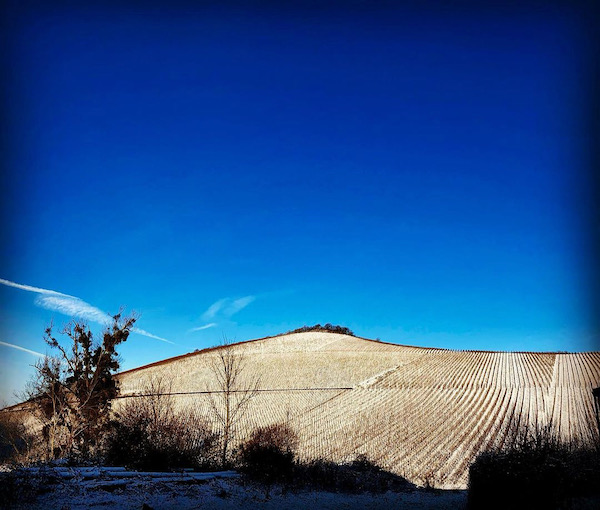


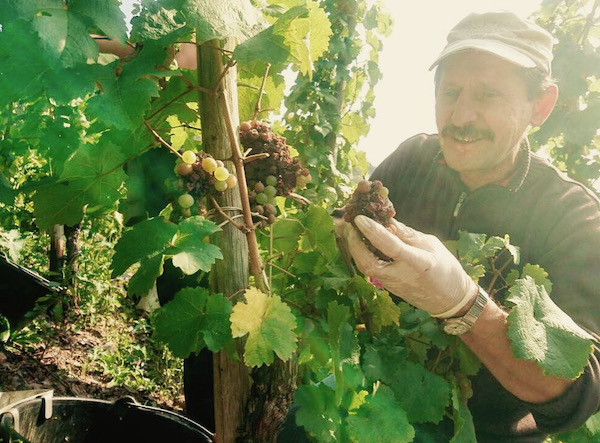



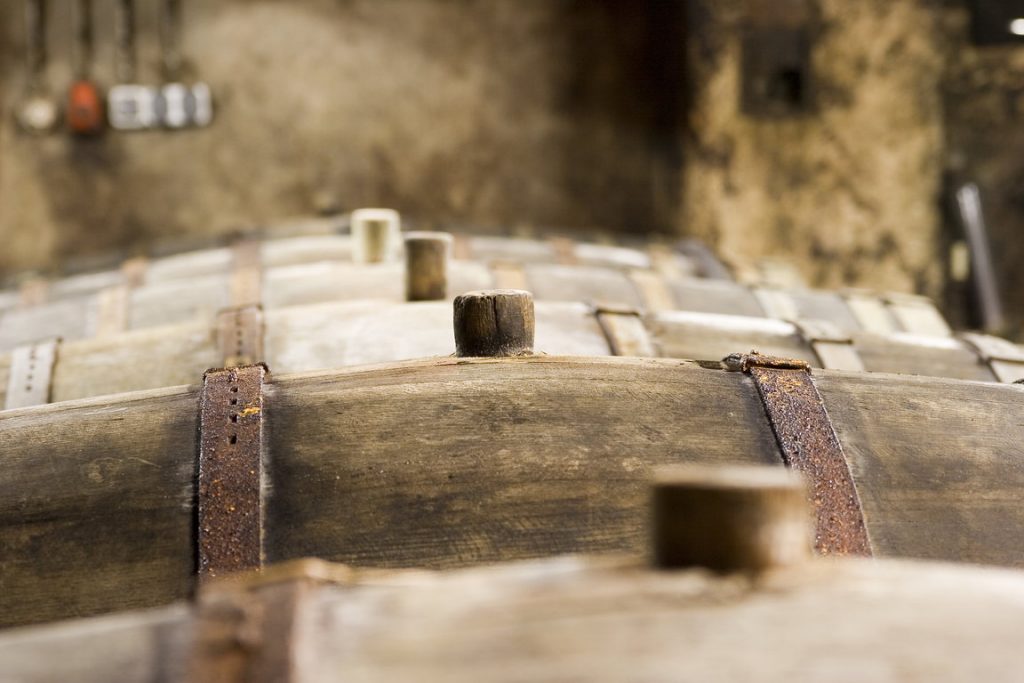
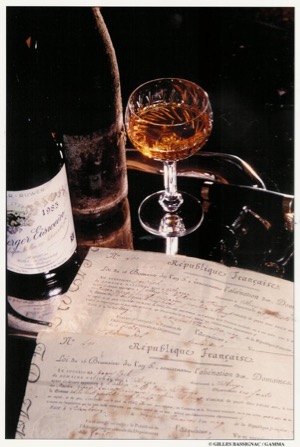

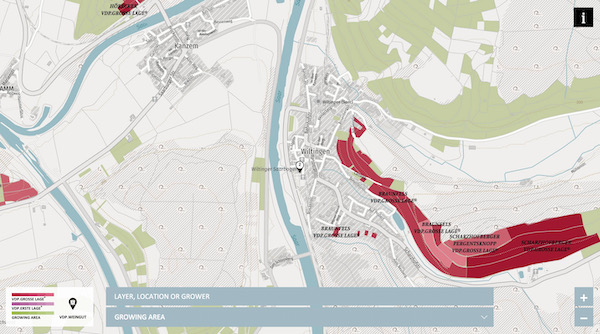

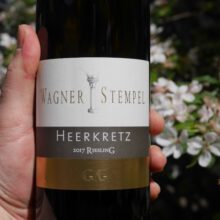

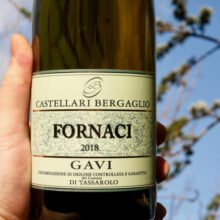
You must be logged in to post a comment.